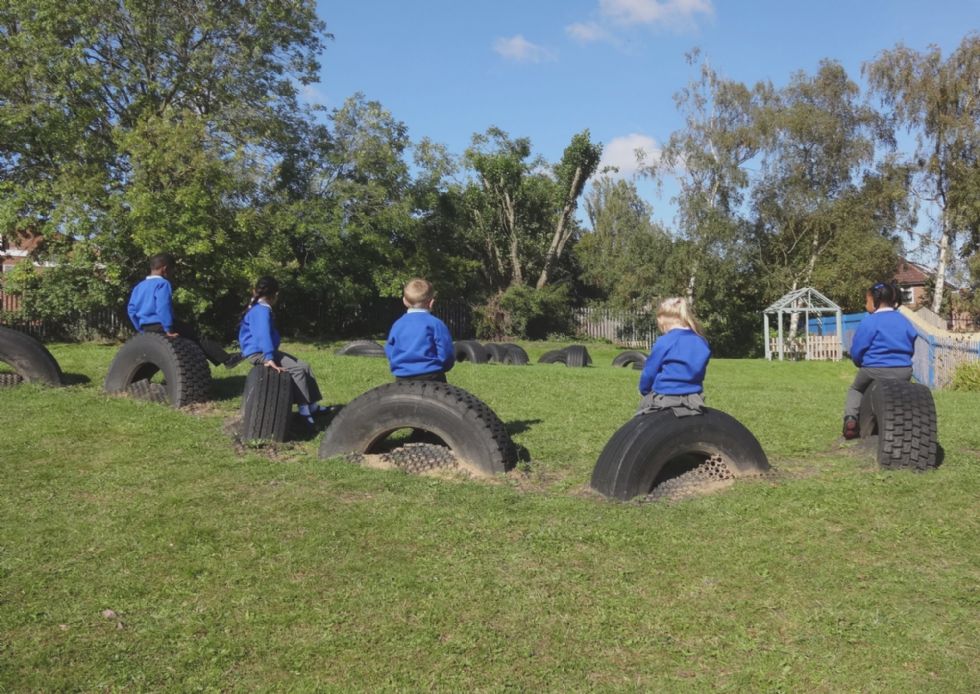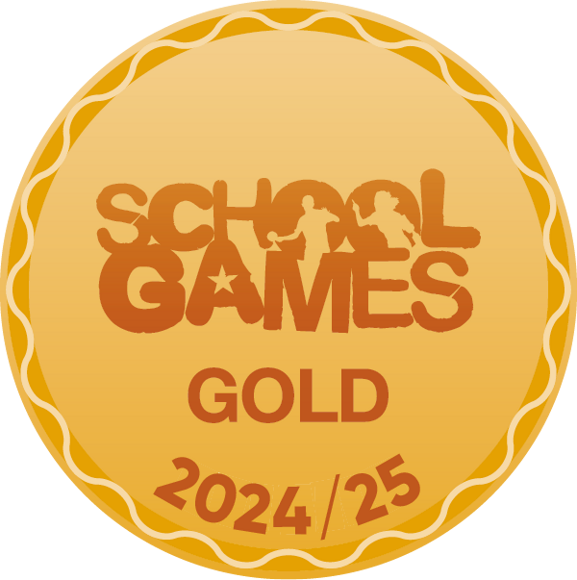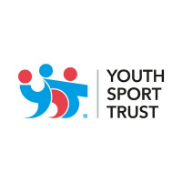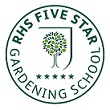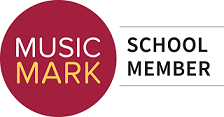Music
"Where words fail, music speaks"
Hans Christian Anderson
Music is a universal language that embodies one of the highest forms of creativity. A high quality music education should engage and inspire pupils to develop a love of music and their talent as musicians, and so increase their self-confidence, creativity and sense of achievement. As pupils progress, they should develop a critical engagement with music, allowing them to compose, and to listen with discrimination to the best in the musical canon. (NC2014)
WE CAN provide teaching that develops knowledge and skills so children can learn and progress effectively
It is our intent that Music teaching is varied and encompasses a broad range of music styles and genres. Children will be exposed to music from a wide variety of time periods and cultures during their time at Grendon. This will enable children to gain a comprehensive knowledge and understanding of music, including genres they are less familiar with.
In the EYFS, children begin their musical education when music is introduced using singing as a vehicle for learning and through specific EAD units.
In KS1 and KS2 Music is taught as blocked learning 3 times per year. Selected units from the Kapow Music Scheme are taught. Unit selection has ensured that links to our wider curriculum can be maximised and that all required content from the National Curriculum is taught in a progressive manner.
Vertical links ensure that skills and knowledge that have been learnt in previous year groups or units are built on. For example, children in Year 3 explore tuned percussion and have further opportunities to do this in Year 4.
Horizontal links link learning in the same year group to another subject. For example our Year 4 children learn about the Romans in History and we have chosen a music unit based on Roman mosaic.
Diagonal links link learning in a different year group and a different subject. For example, Year 5 do a music unit about Ancient Egypt which makes a diagonal link to the Year 3 History topic about Ancient Egypt.
It is our intent that in the Early Years children are encouraged to sing regularly. They explore world music, sound and rhythm under the Expressive Arts and Design area of learning.
In KS1, music units give children opportunity to develop knowledge and understanding of pulse, rhythm and pitch. They use a range of percussion instruments and use their voices expressively.
In early KS2, music units focus more on learning basic notation and give children the opportunity to use tuned percussion instruments.
As children move further into upper KS2, children will work on singing in 2-part harmony. For example, in Year 6, children will sing a 2-part harmony to White Cliffs of Dover in their World War Two Songs unit.
Musical learning is enhanced as part of the school’s planned programme of chocolate chip experiences. In Year 2, children take part in an expert led African drumming workshop and in Year 5, visiting musicians from the CBSO visit the school to perform and lead a workshop with the children.
WE CAN offer enriching activities, event and experiences
Grendon offers a highly enriching music curriculum both as part of their statutory lessons and beyond. Singing assemblies take place weekly and singing is an important part of our calendar events.
Children have additional opportunities to gain music experiences outside of the classroom including choir and peripatetic music lessons. Violin, clarinet and flute lessons are provided by Services for Education with children also having the opportunity to participate in an after-school ensemble. This will allow them to increase enthusiasm and gain passion for the subject.
WE CAN work together to remove barriers and ensure equality
It is our intent that all children will have opportunities to participate fully in Music learning. Teaching and learning will ensure that barriers to learning such as SEN and EAL will be removed. This will ensure all children have a high-quality Music education. Peripatetic lessons are heavily subsidised by school to ensure additional music lessons are affordable for all children.
WE CAN build independent and resilient learners who are able to communicate confidently
It is our intent that Music units will be structured towards a final outcome where children will apply what they have learnt independently.
When developing new skills, children will be supported to persevere, build resilience and maintain a growth mindset. Key music skills will be taught and these encourage children to be resilient and work hard at things they find tricky. Children will be taught to understand that while natural talent is useful in music, it alone is not enough and musicians become successful due to commitment, regular practice and rehearsal.
It is our intent that music lessons will present children with many opportunities to communicate their ideas through peer to peer discussion and to develop performing skills.
WE CAN listen to and treat each other and all members of the community with respect, tolerance and concern
It is our intent that children are exposed to a diverse range of music styles and genres. Children will be taught to be respectful and appreciative towards different types of music and through their musical study will develop an understanding of their own and others’ cultures.
WE CAN recognise ability, maximise potential and prepare children well for their future and life in modern Britain
Music is an important part of modern British culture. The music we listen to and perform in lessons reflects the diversity of music in modern day Britain. Whilst children may not go onto musical careers in the future, music will likely feature heavily in their lives. Whether it is listening to it on the radio or going to a concert, the appreciation for music they gain at Grendon will be important in allowing them to experience the diversity of British music in full.
Our Music curriculum will support children in the next stage of their education.
An interest in music at Primary school may lead children into careers such as teaching, therapy or broadcasting as well as the more obvious musician or rock star!
Online Learning
Learn about and play classical music with the BBC
Explore music lessons with the City of Birmingham Symphony Orchestra
Incredibox - A music app for creating your own music with the help of a merry band of beatboxers. Part game, part tool, Incredibox is above all an audio and visual experience that introduces kids and adults to notions of rhythm and melody.

